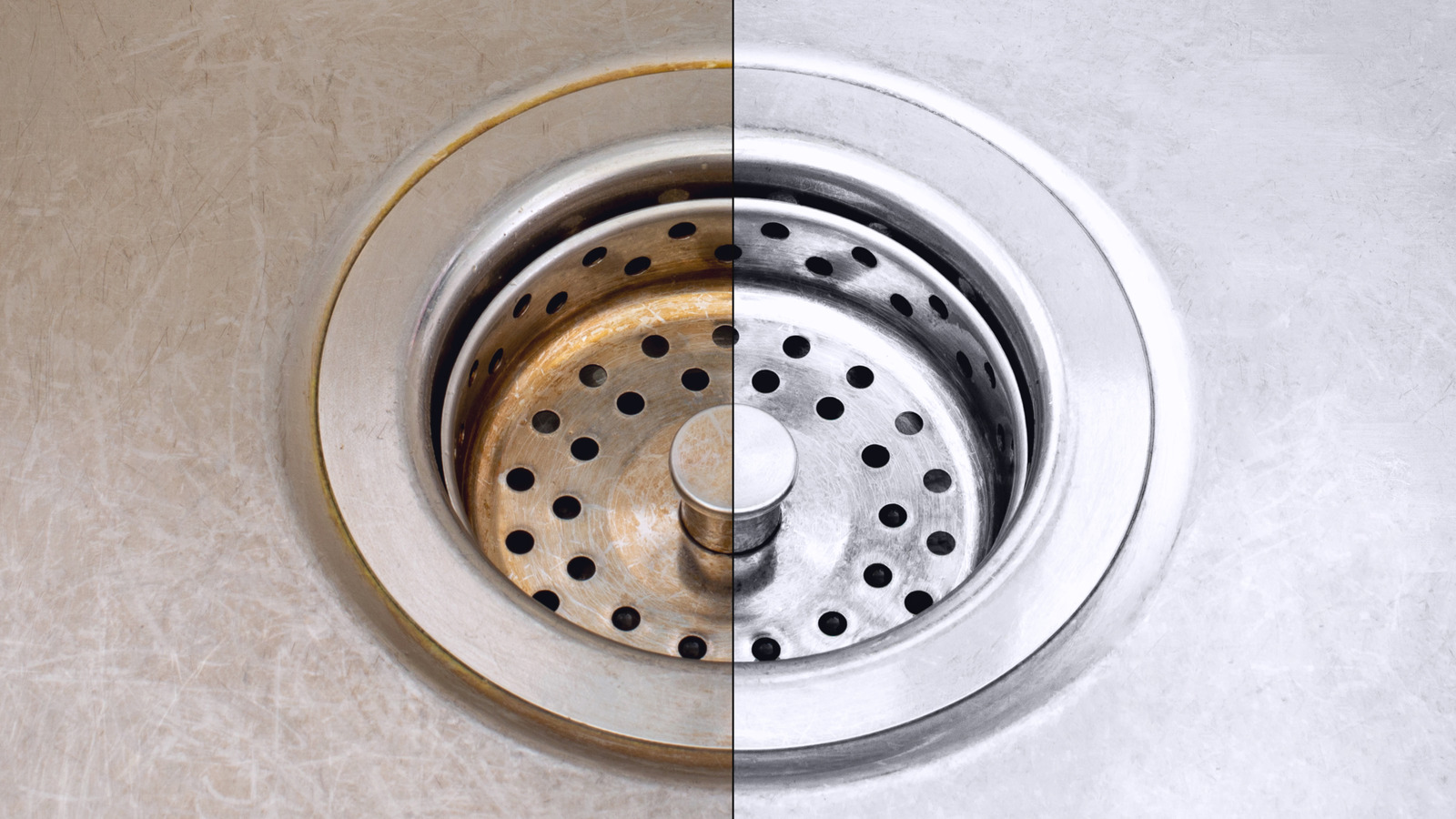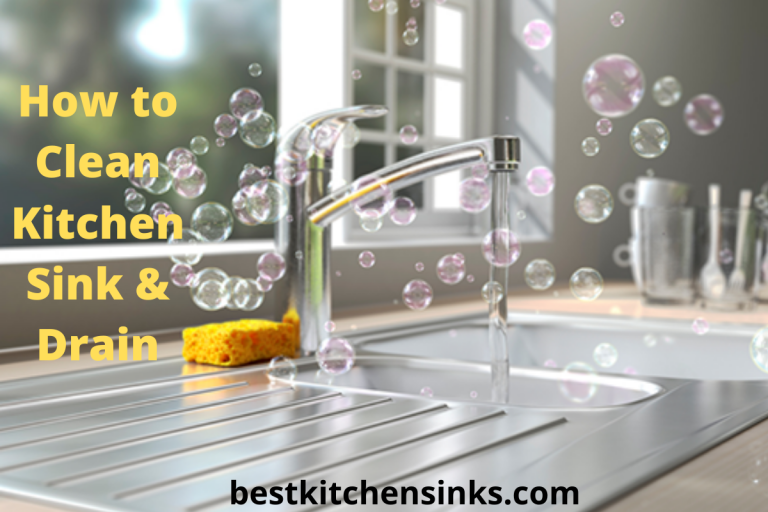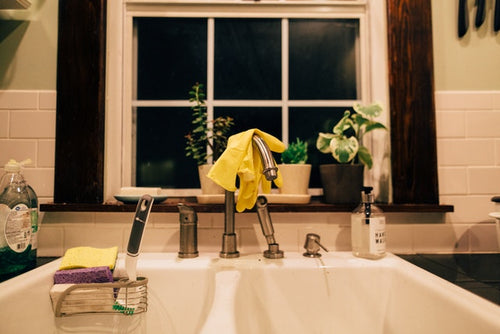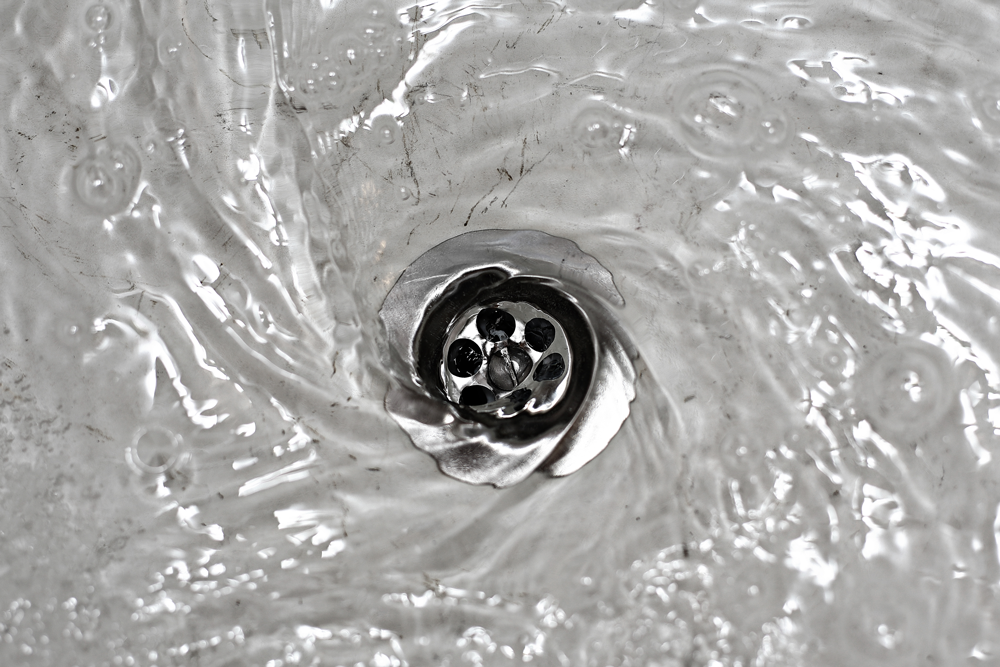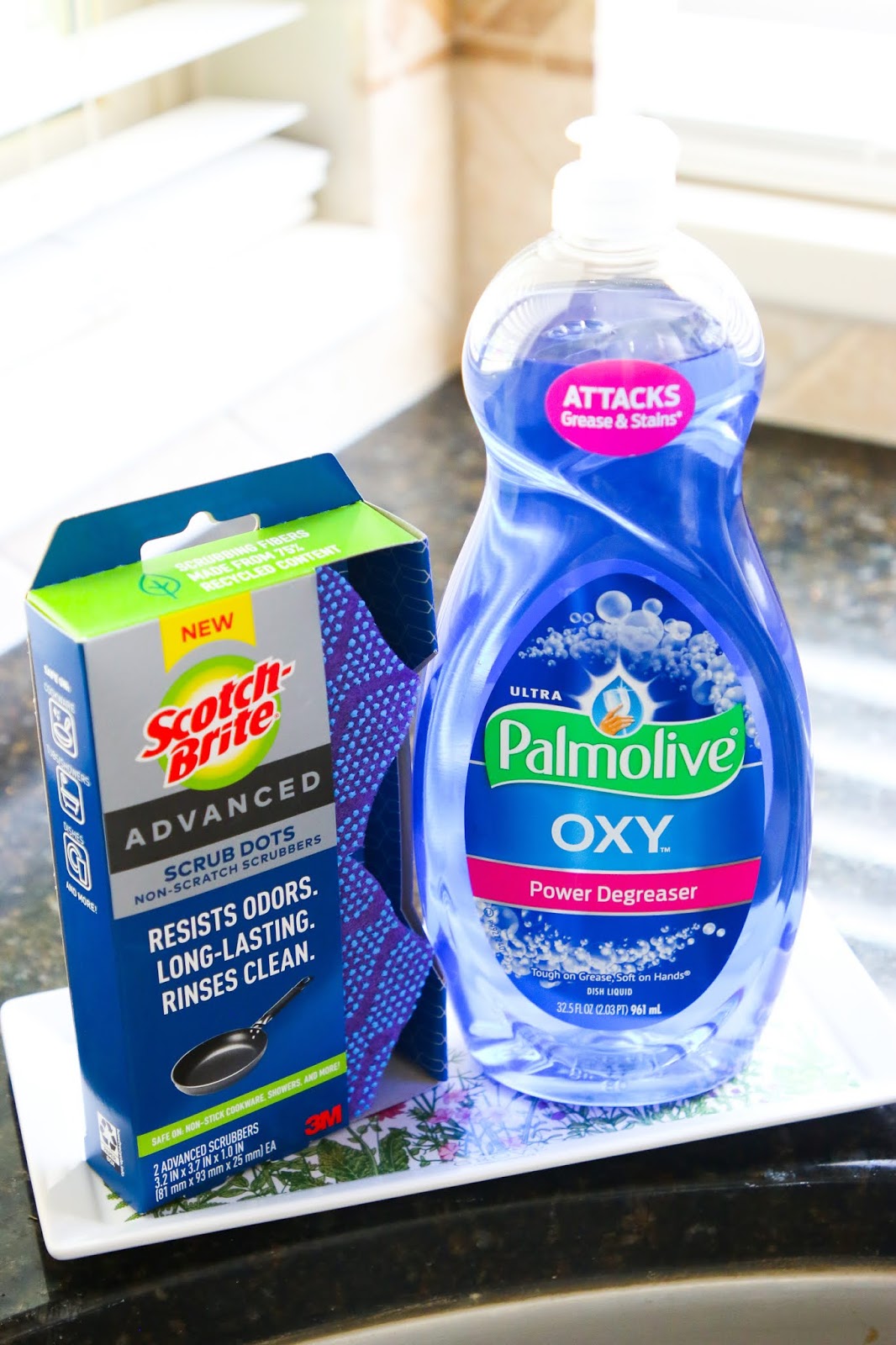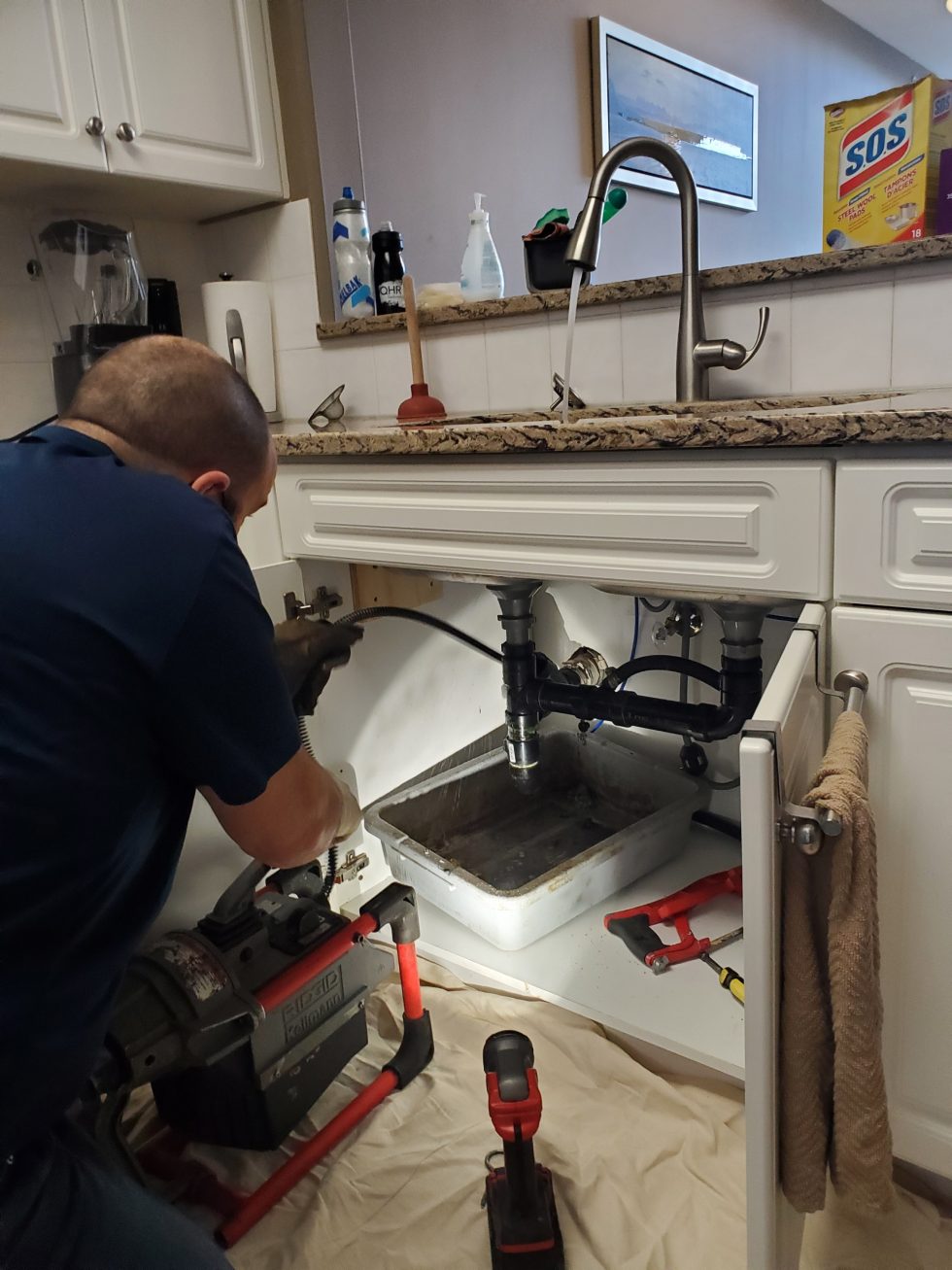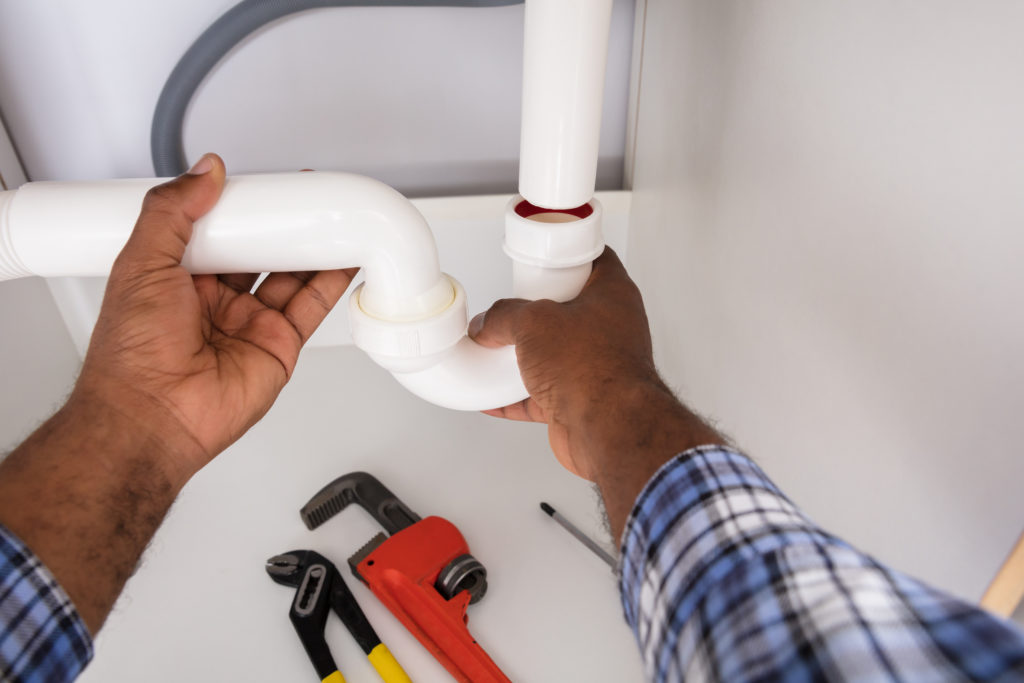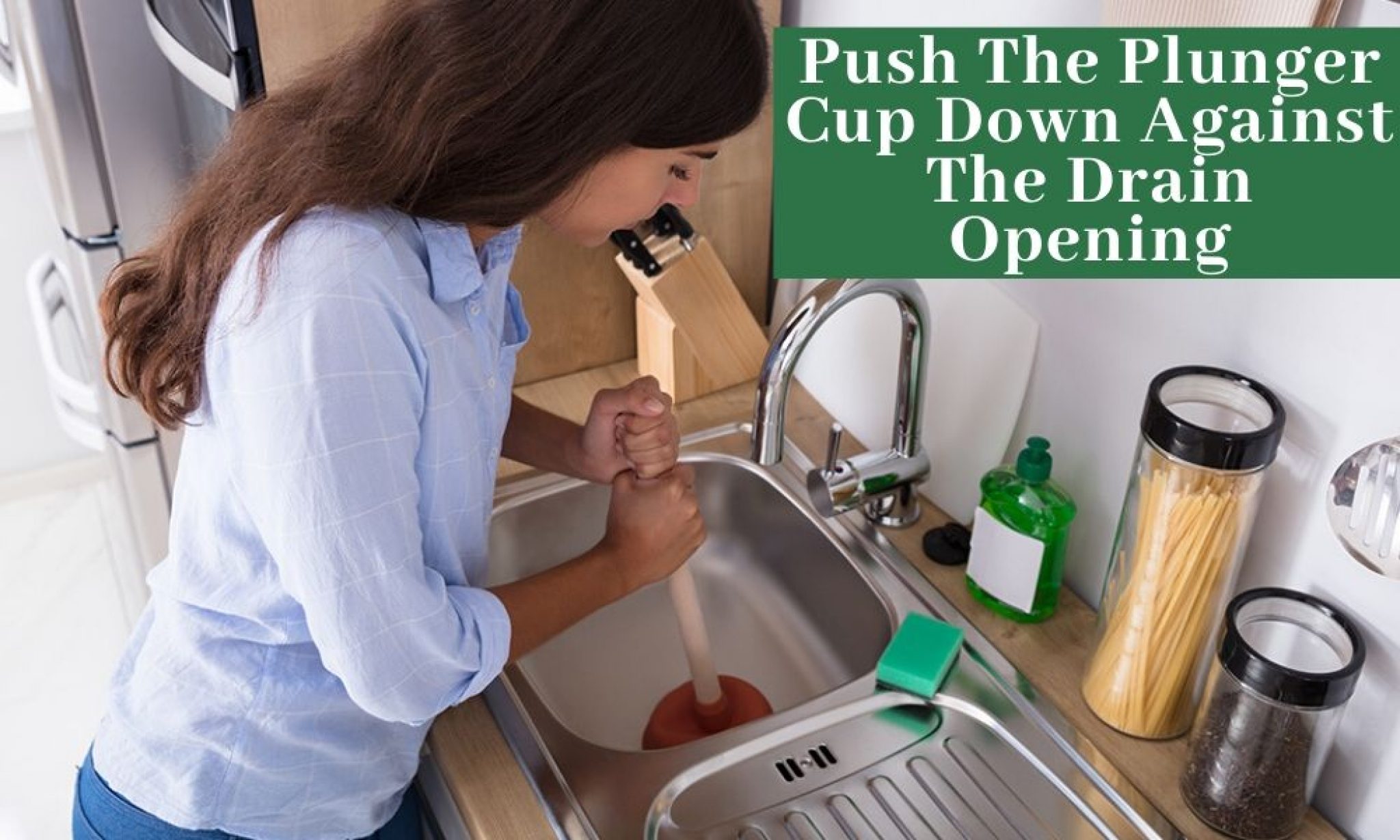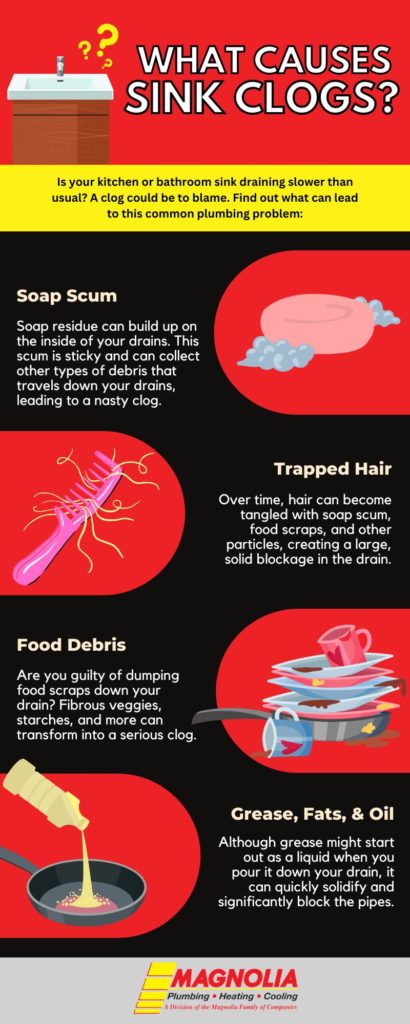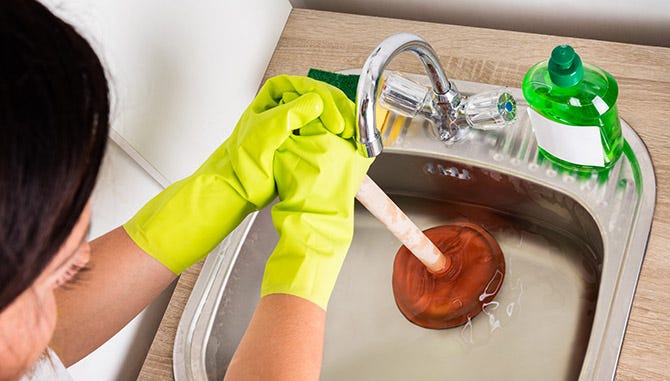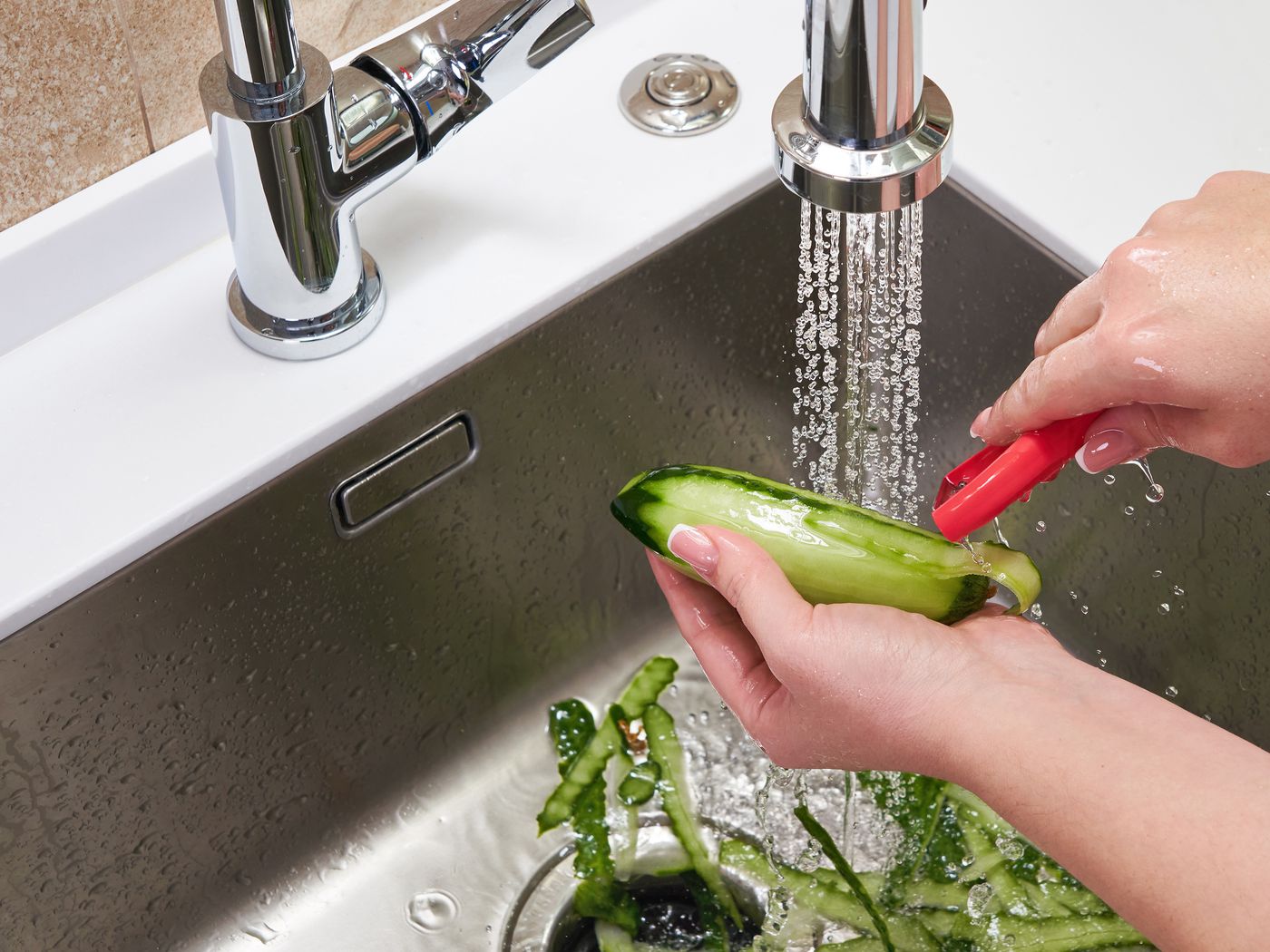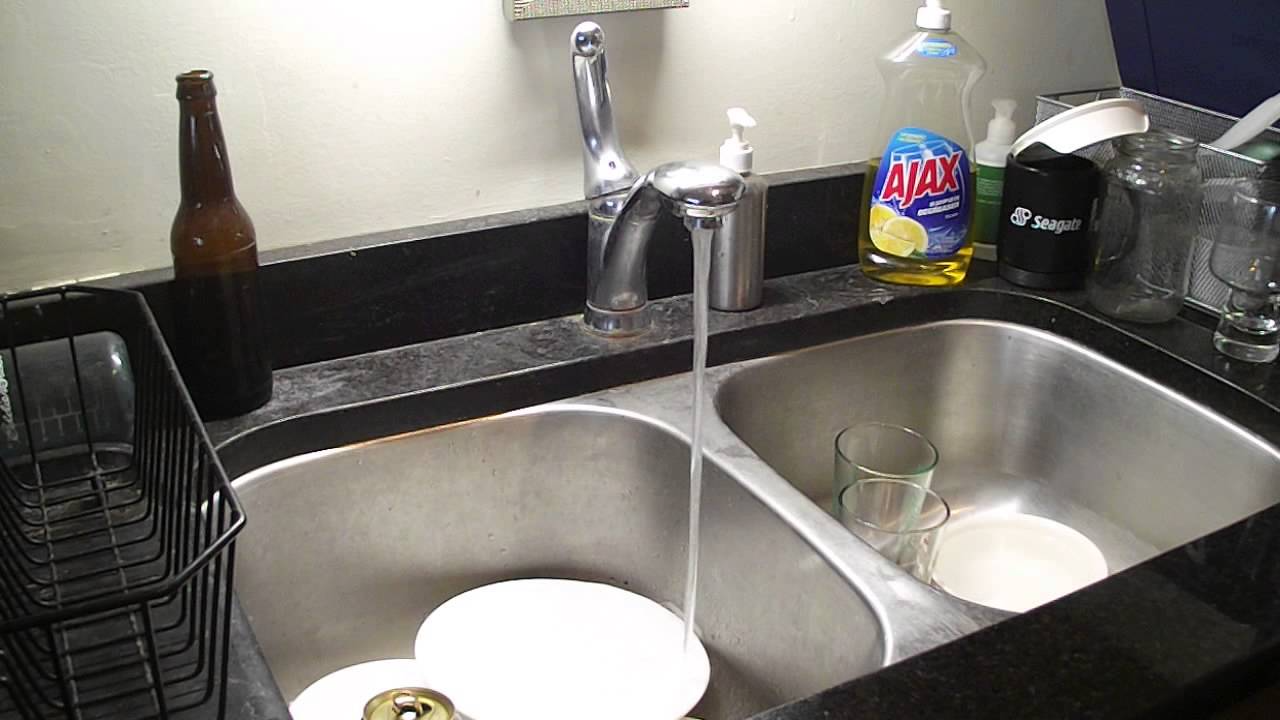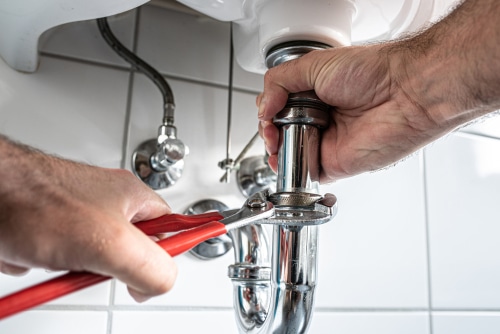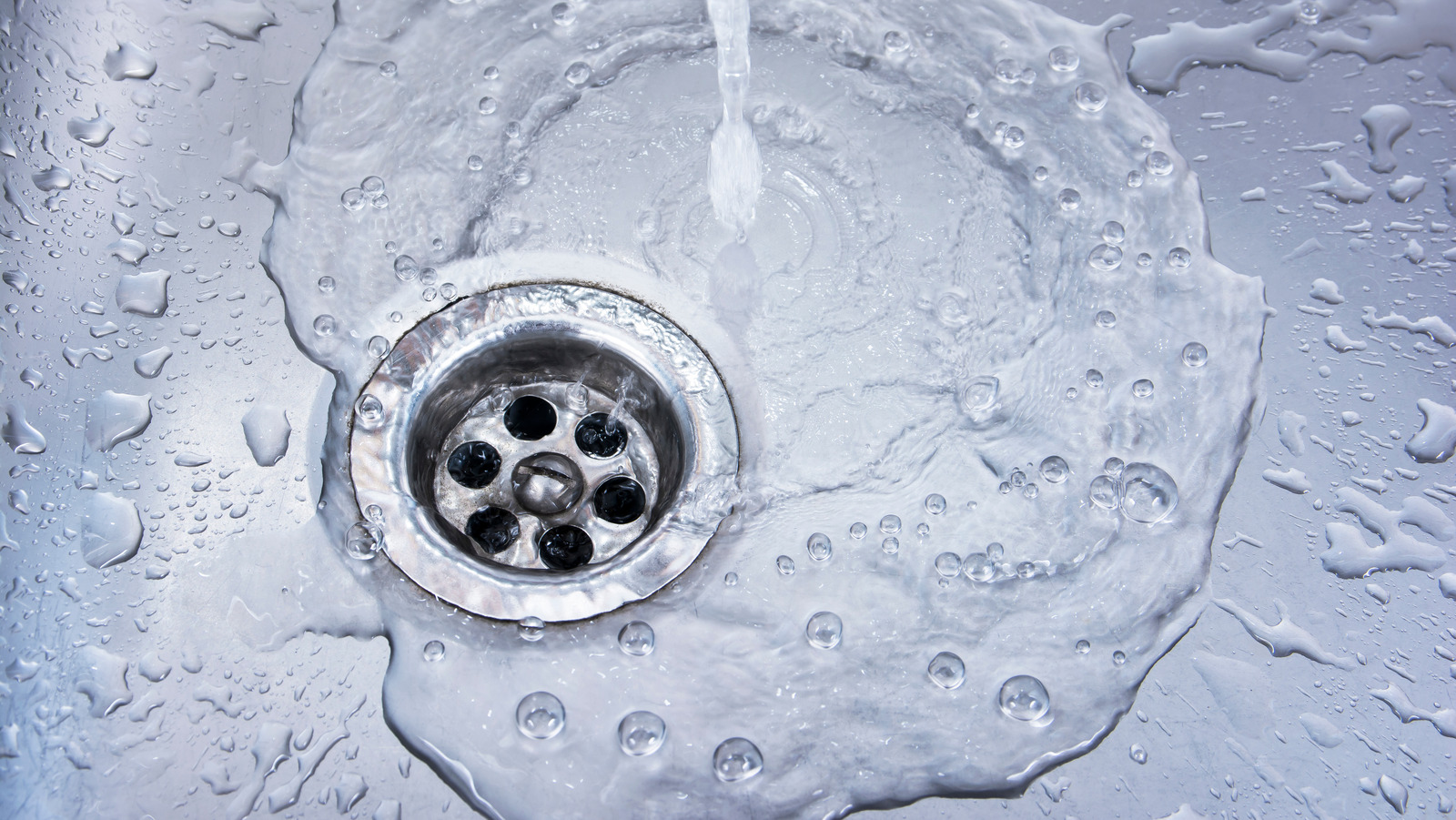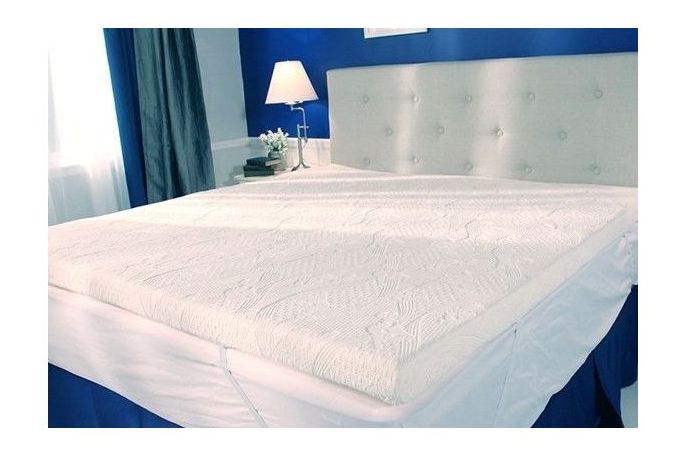How to Clean Out a Kitchen Sink Drain
Kitchen sinks are one of the most used areas in any household, and it's no surprise that they can easily become clogged or dirty. A clogged kitchen sink drain can be a major inconvenience, causing water to back up and making it difficult to wash dishes or prepare food. Fortunately, with a few simple steps, you can easily clean out your kitchen sink drain and prevent future clogs.
How to Unclog a Kitchen Sink Drain
If your kitchen sink drain is already clogged, don't panic. There are several methods you can use to unclog it, depending on the severity of the clog. One easy way to start is by using a plunger. Simply place the plunger over the drain and push up and down until the clog is dislodged. If that doesn't work, you can try using a plumbing snake or a mixture of baking soda and vinegar to break up the clog. If all else fails, it may be time to call a professional.
DIY Kitchen Sink Drain Cleaning
If you want to save money and avoid using harsh chemicals, you can use DIY methods to clean out your kitchen sink drain. One effective method is using a mixture of baking soda, vinegar, and hot water. Simply pour half a cup of baking soda down the drain, followed by half a cup of vinegar. Let it sit for a few minutes before pouring a pot of hot water down the drain. This mixture will help break up any grease or grime that may be causing the clog.
Best Products for Cleaning Kitchen Sink Drain
If you prefer to use commercial products, there are many options available for cleaning kitchen sink drains. Look for products that are specifically designed for unclogging drains and follow the instructions carefully. Some products may require you to let the solution sit for a certain amount of time before flushing it with hot water. It's always a good idea to wear gloves and protective eyewear when using these products.
Natural Ways to Clean Kitchen Sink Drain
If you want to avoid using harsh chemicals, there are many natural alternatives for cleaning kitchen sink drains. As mentioned earlier, a mixture of baking soda and vinegar is an effective and natural way to break up clogs. You can also use lemon juice and hot water to clean and deodorize your drain. Another natural option is using a combination of salt and baking soda to scrub away any grime or residue.
Preventing Clogs in Kitchen Sink Drain
Prevention is always better than dealing with a clogged drain. To prevent clogs in your kitchen sink drain, make sure to avoid pouring grease or oil down the drain. These substances can solidify and create clogs. Also, use a drain strainer to catch any food particles before they go down the drain. Regularly cleaning the strainer will also prevent buildup that can lead to clogs.
Tools for Cleaning Kitchen Sink Drain
Having the right tools can make cleaning out your kitchen sink drain a lot easier. A plunger, a plumbing snake, and a set of drain brushes are all useful tools to have on hand. You can also use a wet/dry vacuum to suck out any debris that may be causing a clog. It's important to use these tools carefully and to follow the instructions to avoid causing any damage to your pipes.
Professional Kitchen Sink Drain Cleaning Services
If you've tried all the DIY methods and your sink is still clogged, it may be time to call in the professionals. A professional plumber will have the knowledge and tools to effectively clean out your kitchen sink drain and address any underlying issues that may be causing clogs. While it may cost more upfront, it can save you time and frustration in the long run.
Common Causes of Kitchen Sink Drain Clogs
Understanding the common causes of kitchen sink drain clogs can help you prevent them in the future. As mentioned earlier, pouring grease or oil down the drain is a major culprit. Other common causes include food particles, soap scum, and mineral buildup from hard water. Regularly cleaning your drain and being mindful of what you put down the drain can help prevent clogs.
How Often Should You Clean Your Kitchen Sink Drain?
It's important to regularly clean your kitchen sink drain to prevent clogs and maintain a clean and hygienic kitchen. As a general rule, you should clean your drain at least once a month. However, if you notice water draining slower than usual, it's a good idea to give it a thorough cleaning. By staying on top of regular maintenance, you can avoid the hassle of dealing with a clogged kitchen sink drain.
Cleaning Out Kitchen Sink Drain: A Necessary Step for a Clean and Functional Kitchen
:strip_icc()/how-to-clean-a-bathroom-sink-drain-01-c728294c8bee42428afdf3e69f449279.jpg)
Why is it important to clean out your kitchen sink drain?
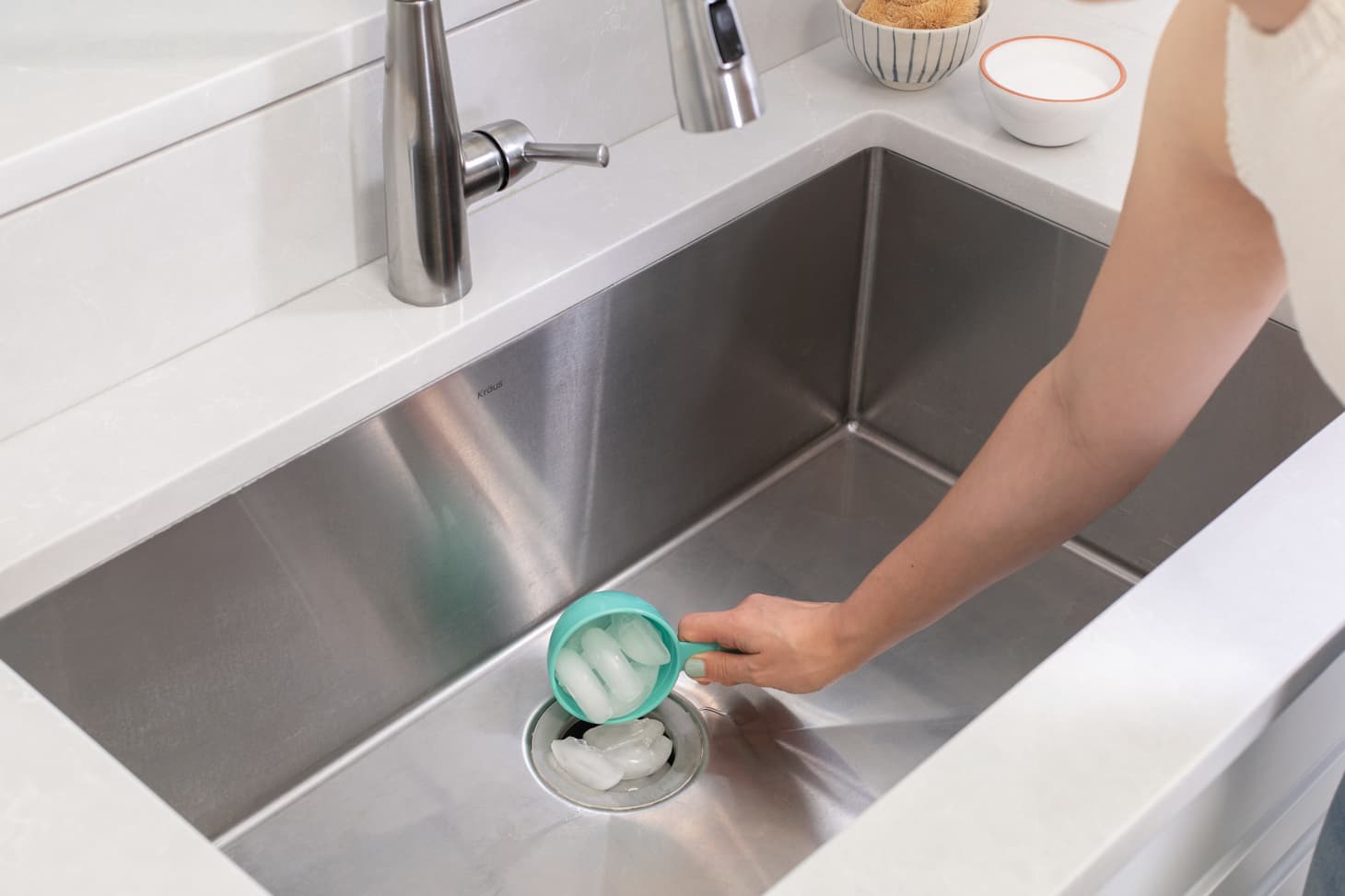 Maintaining a clean and functional kitchen is essential for every household. The kitchen sink is one of the most used areas in the kitchen, and its drain is prone to accumulating food particles, grease, and other debris over time. This build-up can result in unpleasant odors, clogs, and even bacteria growth, making it crucial to regularly clean out your kitchen sink drain.
Maintaining a clean and functional kitchen is essential for every household. The kitchen sink is one of the most used areas in the kitchen, and its drain is prone to accumulating food particles, grease, and other debris over time. This build-up can result in unpleasant odors, clogs, and even bacteria growth, making it crucial to regularly clean out your kitchen sink drain.
Steps to clean out your kitchen sink drain
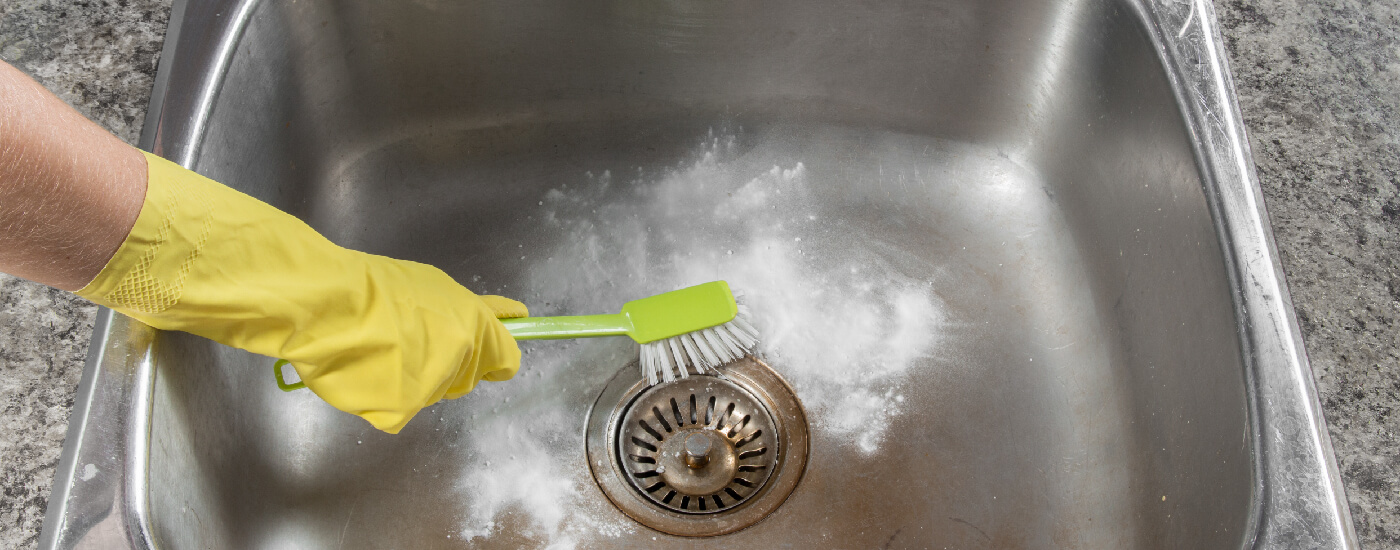 Cleaning out your kitchen sink drain may seem like a daunting task, but with the right tools and techniques, it can be a quick and easy process. Here are the steps you can follow to ensure a thorough cleaning:
Step 1:
Remove any visible debris from the drain and surrounding area. This includes food scraps, hair, and other items that may have fallen into the sink.
Step 2:
Use a plunger to loosen any clogs that may be causing slow drainage. Fill the sink with water, cover the drain with the plunger, and plunge vigorously for a few minutes. Repeat this process a few times until the water starts to drain freely.
Step 3:
Create a natural cleaning solution by mixing equal parts of baking soda and vinegar. Pour the mixture down the drain and let it sit for about 10-15 minutes. The combination of these two ingredients will create a foaming reaction that helps to break down and dissolve any remaining debris.
Step 4:
After waiting, pour a pot of hot water down the drain to flush out the loosened debris. You can also use a drain brush to scrub any remaining residue.
Step 5:
To prevent future build-up, consider using a drain strainer to catch any food particles and regularly pour boiling water down the drain to keep it clean and clear.
Cleaning out your kitchen sink drain may seem like a daunting task, but with the right tools and techniques, it can be a quick and easy process. Here are the steps you can follow to ensure a thorough cleaning:
Step 1:
Remove any visible debris from the drain and surrounding area. This includes food scraps, hair, and other items that may have fallen into the sink.
Step 2:
Use a plunger to loosen any clogs that may be causing slow drainage. Fill the sink with water, cover the drain with the plunger, and plunge vigorously for a few minutes. Repeat this process a few times until the water starts to drain freely.
Step 3:
Create a natural cleaning solution by mixing equal parts of baking soda and vinegar. Pour the mixture down the drain and let it sit for about 10-15 minutes. The combination of these two ingredients will create a foaming reaction that helps to break down and dissolve any remaining debris.
Step 4:
After waiting, pour a pot of hot water down the drain to flush out the loosened debris. You can also use a drain brush to scrub any remaining residue.
Step 5:
To prevent future build-up, consider using a drain strainer to catch any food particles and regularly pour boiling water down the drain to keep it clean and clear.
Benefits of a clean kitchen sink drain
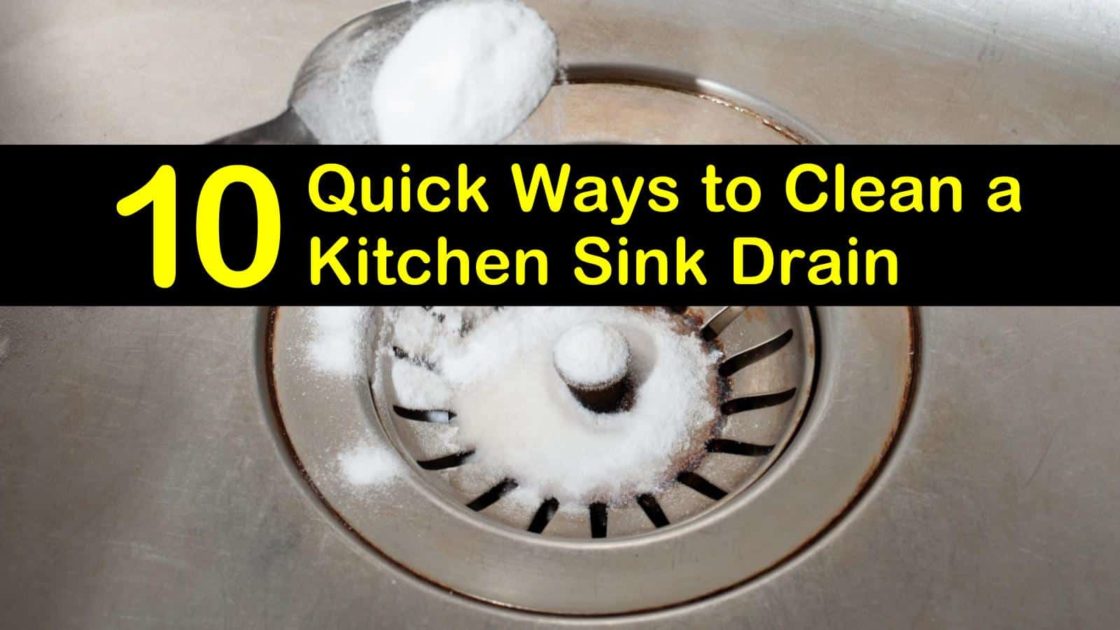 Keeping your kitchen sink drain clean has several benefits, including:
Preventing clogs:
Regular cleaning prevents build-up and clogs, ensuring your sink drains properly and avoids any potential plumbing issues.
Eliminating odors:
Food particles and bacteria can cause unpleasant odors in the kitchen. Cleaning out the drain removes these odors, leaving your kitchen smelling fresh and clean.
Promoting a hygienic environment:
A clean kitchen is essential for maintaining a hygienic environment. By regularly cleaning your kitchen sink drain, you are reducing the risk of bacteria growth and potential health hazards.
In conclusion, cleaning out your kitchen sink drain is a necessary step for a clean and functional kitchen. By following these steps and regularly maintaining your drain, you can ensure a hygienic and pleasant kitchen environment for you and your family. So next time you do your kitchen cleaning, don't forget to include your sink drain in the process!
Keeping your kitchen sink drain clean has several benefits, including:
Preventing clogs:
Regular cleaning prevents build-up and clogs, ensuring your sink drains properly and avoids any potential plumbing issues.
Eliminating odors:
Food particles and bacteria can cause unpleasant odors in the kitchen. Cleaning out the drain removes these odors, leaving your kitchen smelling fresh and clean.
Promoting a hygienic environment:
A clean kitchen is essential for maintaining a hygienic environment. By regularly cleaning your kitchen sink drain, you are reducing the risk of bacteria growth and potential health hazards.
In conclusion, cleaning out your kitchen sink drain is a necessary step for a clean and functional kitchen. By following these steps and regularly maintaining your drain, you can ensure a hygienic and pleasant kitchen environment for you and your family. So next time you do your kitchen cleaning, don't forget to include your sink drain in the process!
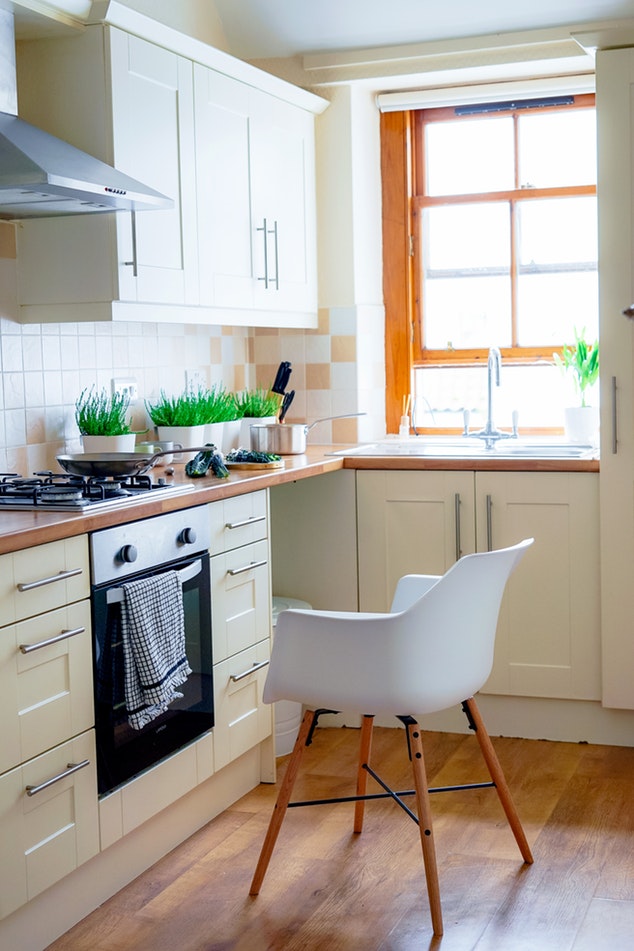


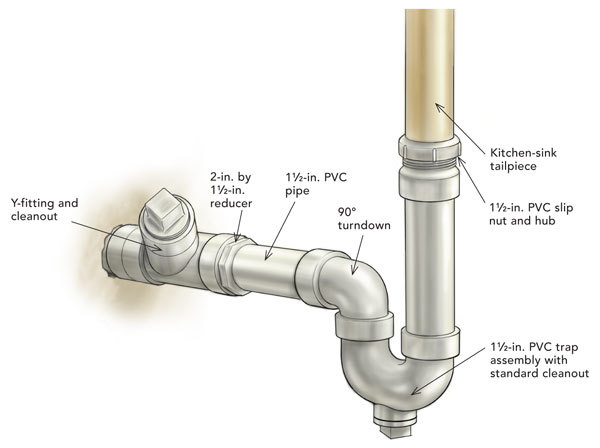


:max_bytes(150000):strip_icc()/how-to-unclog-a-kitchen-sink-2718799_sketch_FINAL-8c5caa805a69493ab22dfb537c72a1b7.png)





:max_bytes(150000):strip_icc()/freshen-and-unclog-drain-with-baking-soda-1900466-22-bbf940b70afa4d5abef0c54da23b1d3f.jpg)






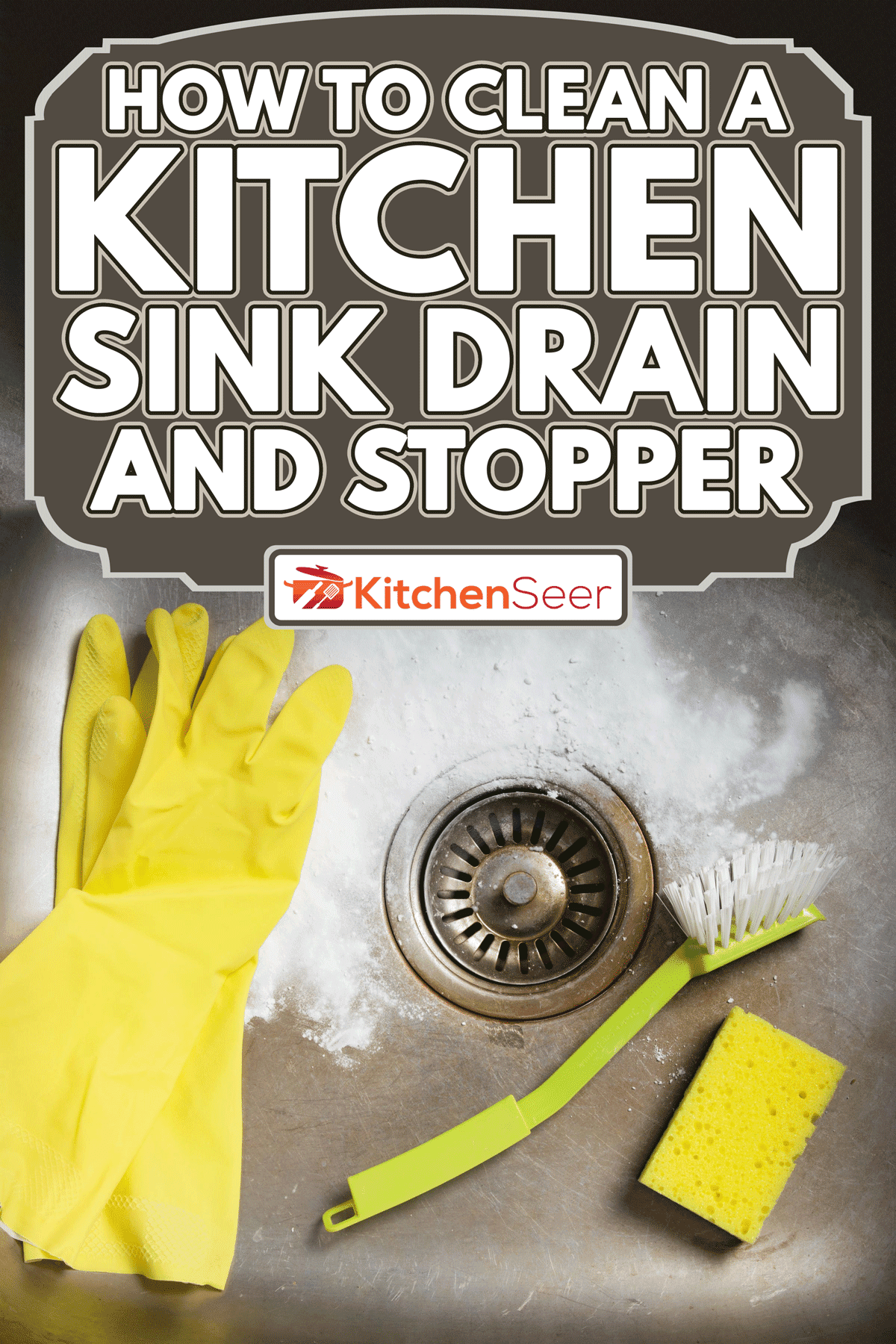
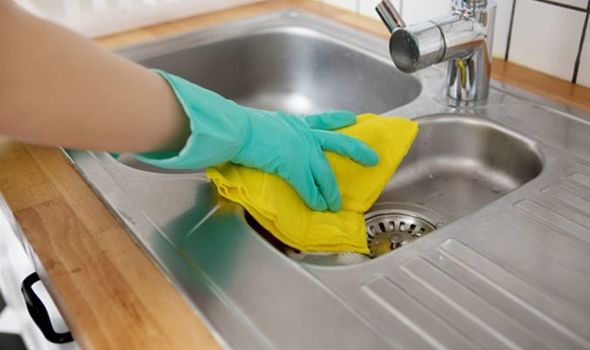
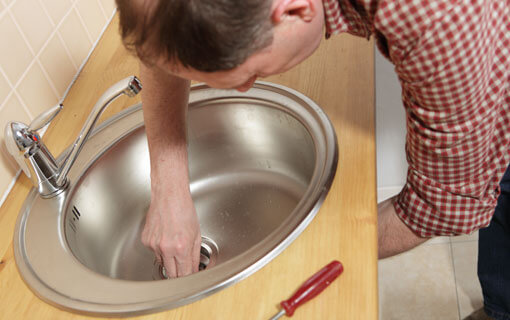


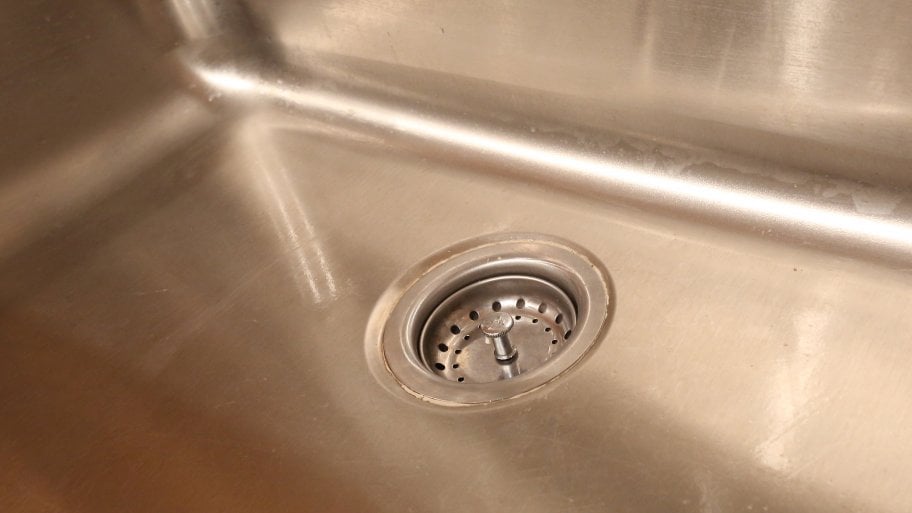

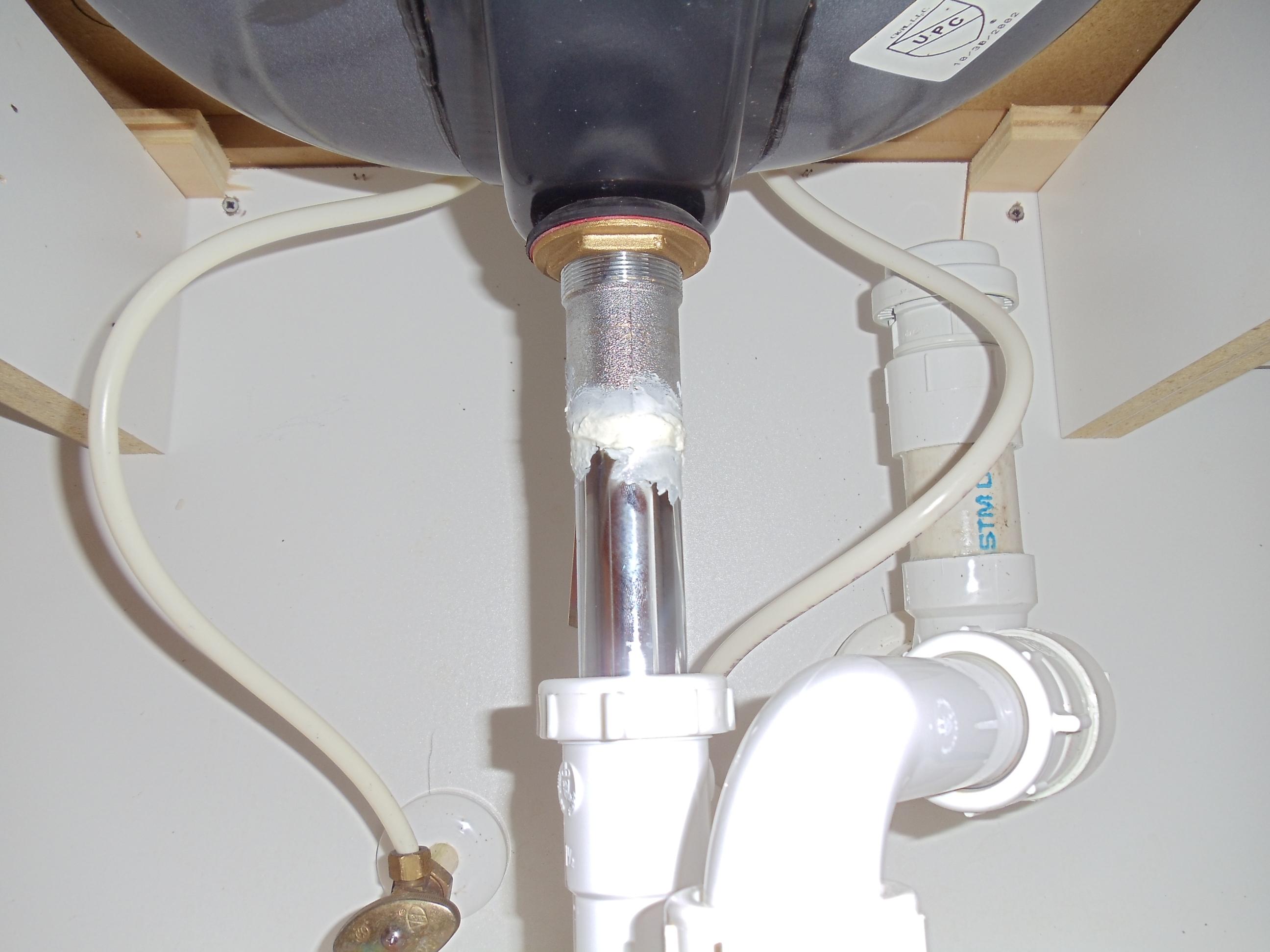
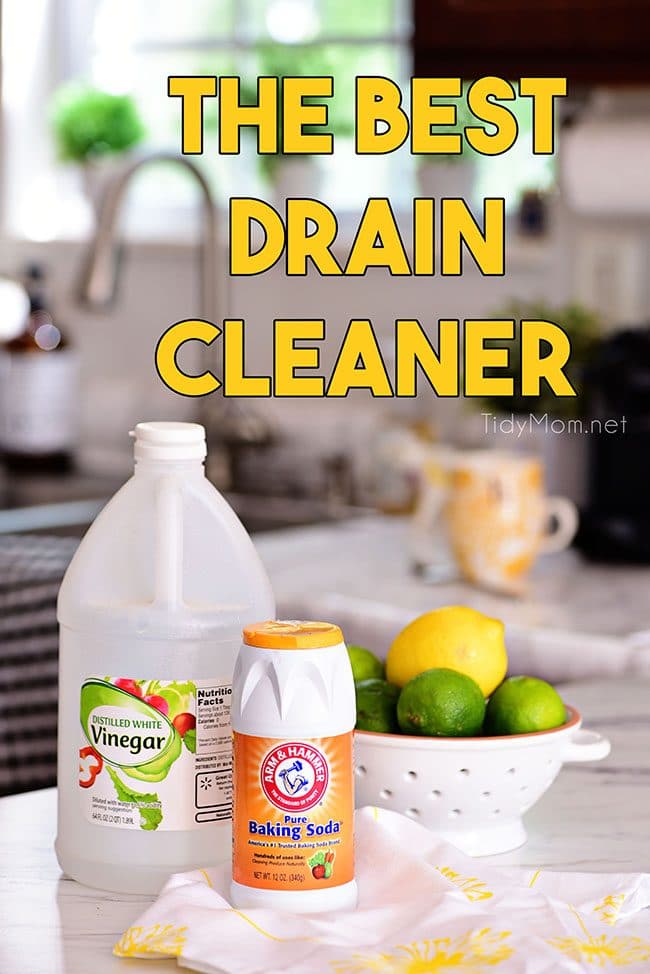



:max_bytes(150000):strip_icc()/how-to-install-a-sink-drain-2718789-hero-24e898006ed94c9593a2a268b57989a3.jpg)
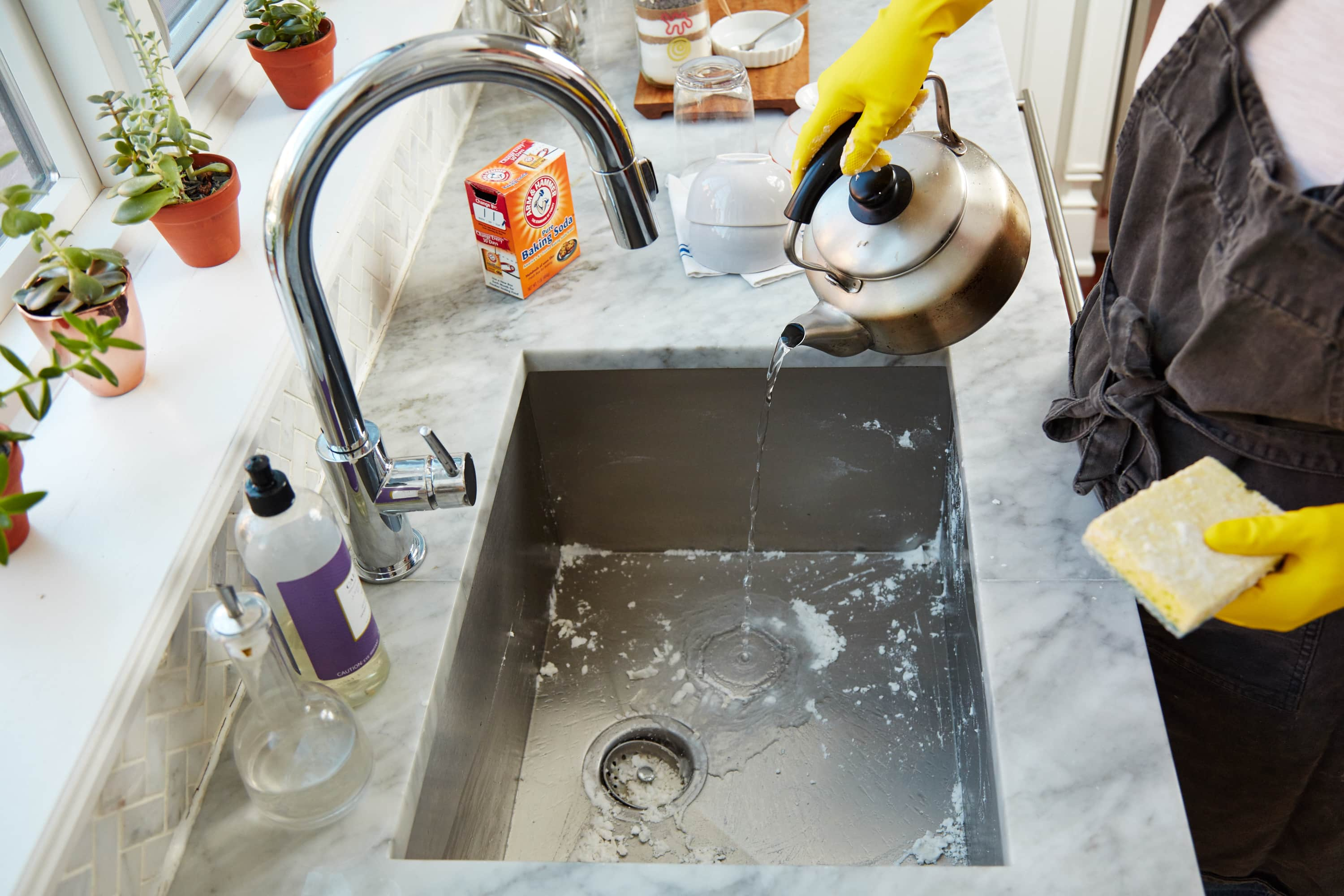



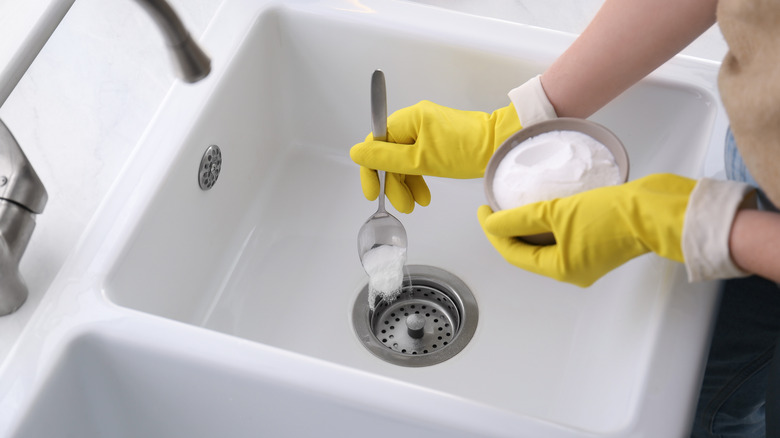
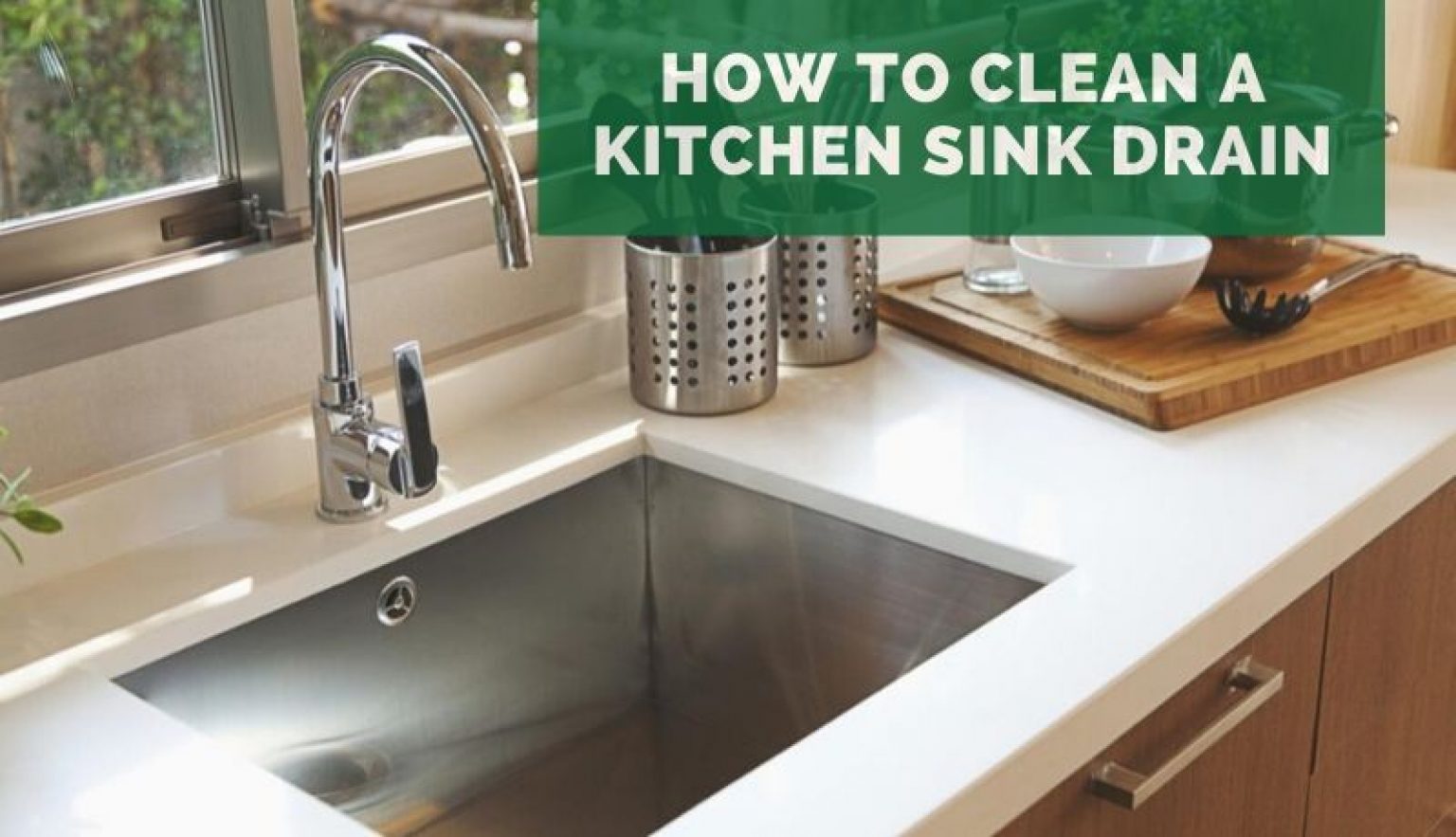
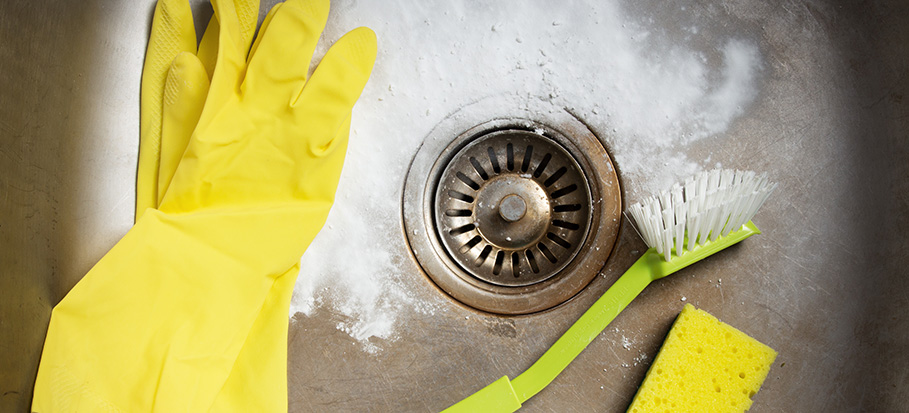
:max_bytes(150000):strip_icc()/how-to-clean-a-kitchen-sink-and-drain-01-5660035-a1d8afe3894346f9a579e66c55e64b7d.jpg)

